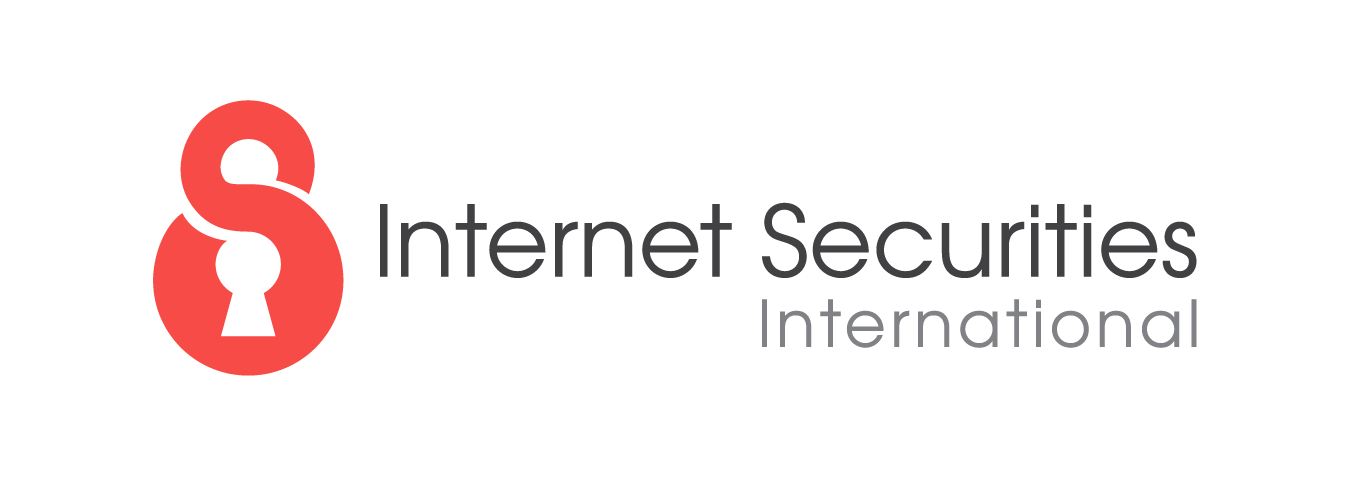We have all been through it – clicking on a YouTube link shared to us by a friend with highlights of the previous night’s Champions League Game only to find a dead end. Instead of the highlights, a blatant message stares back at you: This video is no longer available due to a copyright claim. Well, this is a manifestation of DMCA at work. It’s something you shouldn’t mess around with lest you want to end up with a lawsuit or worse, a term behind bars.
DMCA? What is DMCA?
The Digital Millenium Copyright Act (DMCA) is a legislation that was enacted by the US Congress in 1998. Back in the late 1990s, the internet was exploding and media industry executives from Nashville to Hollywood and those abroad were looking for a way of protecting their intellectual property online. Through the World Intellectual Property Organization (WIPO), new copyright policies were adopted as from 1996. The United States government convened to create an updated policy that not only aligned with the WIPO treaty but also protected businesses operating in the digital world. As if on cue, they called it the Digital Millenium Copyright Act or DMCA for short.
It’s no simple matter
Copyright law is complex. So complicated that even lawyers, lawmakers and experts argue over how it should be interpreted then applied. Nonetheless, you have no excuse to commit a DMCA infringement. The law does not offer leniency for misunderstanding (or ignorance for lack of a better word). It’s up to you to learn how you should comply with convoluted copyright laws regardless of the fact that you know what they entail or not.
For a start, you should know about anti-circumvention and the DMCA safe harbor. It’s obvious that infringement is often a by-product of the way we communicate. Nobody bears the intention of doing anything illegal. For instance, your instinct tells you that there is nothing wrong with uploading a home video of you and your buddies reacting to a missed penalty and which features a copyrighted song. On the other hand, you know that it’s illegal to download a TV episode. Both these actions are illegal but the first one tends to be tolerated. It was such incidents that the DCMA Anti-Circumvention was set to address. With the proliferation of technologies like CDs and DVDs as well as the emergence of companies like Netflix and Blockbuster something just had to be done.
Safe harbor provisions
Piracy does not only involve the end user and the ‘pirate’. It’s often transmitted via hosting services like GoDaddy and search engines like Google through their interactive services (YouTube in Google’s case) or SoundCloud without the host’s knowledge. DCMA’s safe harbor provisions protect these companies from lawsuits. However, for them to qualify they’d need to meet 3 key requirements:
(1) they shouldn’t receive any direct financial benefit attributed to the infringement.
(2) they shouldn’t be aware of the presence of infringing material
(3) they should take down the material upon receiving notice from the copyright owner(s)
Some derivative works* like the Downfall/ Hitler Reacts meme have been prosecuted and tolerated. It is confusing, right? Whatever the case, try to request approval of the original author, singer, actor or producer before using their copyrighted content.
